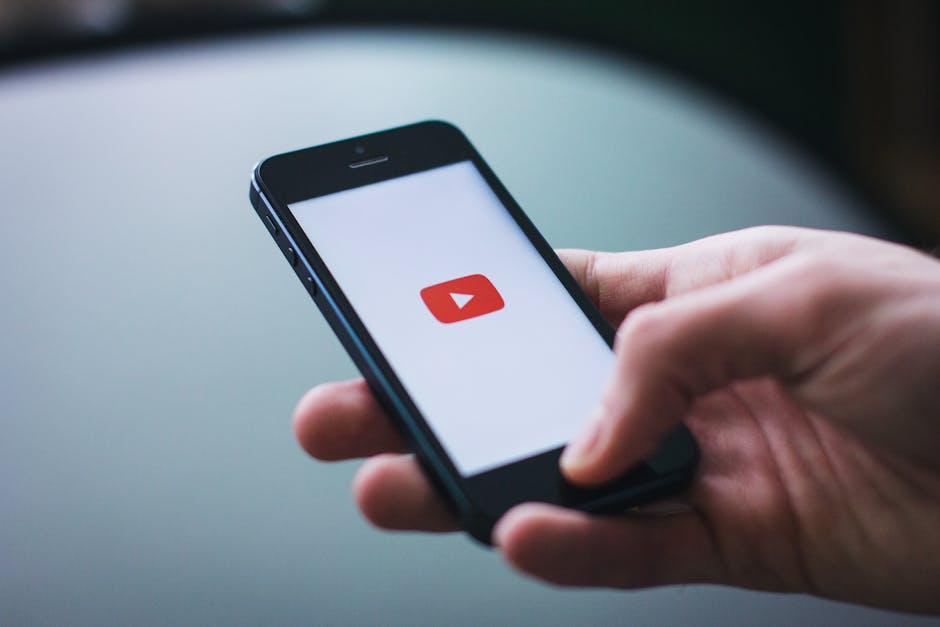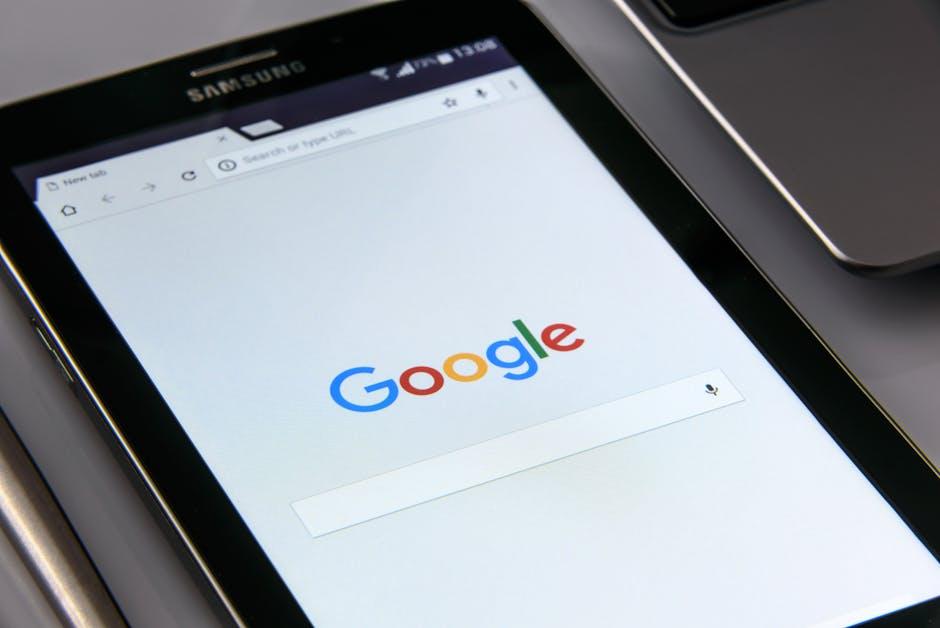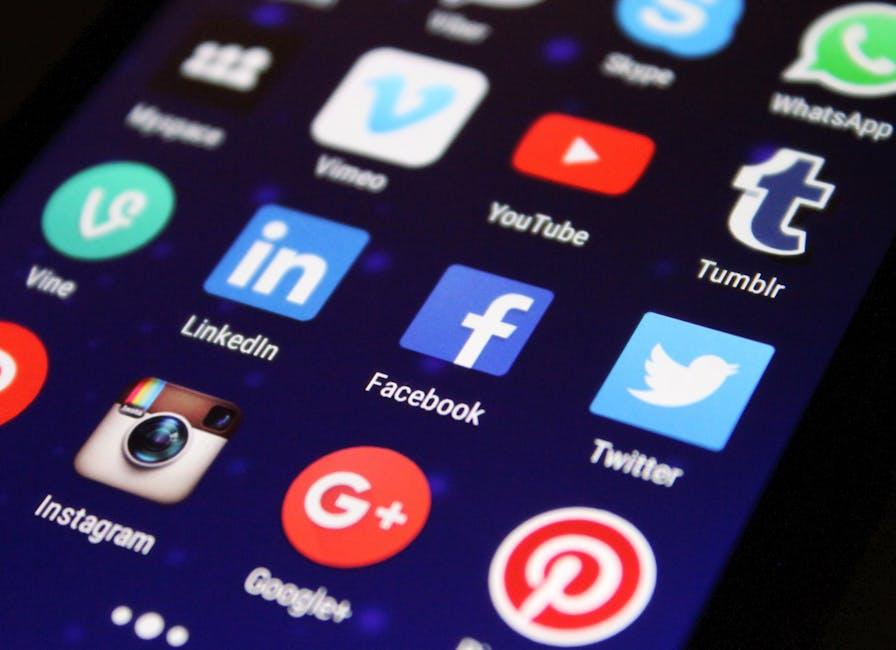Picture this: you’re scrolling through YouTube, getting lost in a rabbit hole of cat videos, makeup tutorials, and DIY hacks, all while wondering—just who’s pulling the strings behind this vibrant world of streaming? The catchy tunes, viral challenges, and the latest vlogs are more than just entertainment; they’re part of a massive digital empire that has transformed how we consume content. But as you tap through endless channels and subscribers, it’s easy to forget the complex web of ownership and power that lies beneath the surface. So, let’s dive into the story behind the curtain. Who really owns YouTube, and how did this platform evolve into the global phenomenon it is today? Buckle up as we unravel the layers and discover the players who hold the reins of this digital behemoth.
Understanding the Power Players Behind YouTubes Success

YouTube’s meteoric rise didn’t happen by accident; it’s a meld of strategic visionaries and innovative thinkers driving the platform behind the scenes. When you look at the key players, it’s easy to see why this platform has taken the world by storm:
- Google’s Acquisition: In 2006, Google purchased YouTube for a whopping $1.65 billion, providing the infrastructure and resources needed for expansion.
- Content Creators: The real magic lies in YouTube’s community of creators. These folks are the lifeblood of the platform, offering diverse content that keeps viewers coming back for more.
- Advertising Partners: Brands and advertisers help to monetize content, attracting even more creators to the platform, thus creating a self-sustaining ecosystem.
These figures don’t just play supporting roles; they are orchestrators in a massive, digital symphony. Consider how algorithms serve as the unseen conductors, determining the flow of content and guiding viewers to their next binge. It’s like having a finely tuned algorithmic DJ that knows exactly what tracks to play based on your viewing history—essentially, your own personal curator. Additionally, the YouTube team constantly refines the platform experience by introducing new features like Shorts and YouTube TV, ensuring they stay ahead in the highly competitive streaming landscape:
| Feature | Launch Year | Purpose |
|---|---|---|
| YouTube Shorts | 2020 | Compete with TikTok style content. |
| YouTube TV | 2017 | Provide live streaming for cord-cutters. |
The Role of Google in Shaping YouTubes Landscape

Google’s influence on YouTube is like a puppet master pulling the strings, shaping not only how content is created but also how it’s consumed. With its vast resources and deep insights into viewer behavior, Google has transformed YouTube into a powerhouse of entertainment and information. Before Google acquired YouTube, the platform was a diamond in the rough, brimming with potential but lacking the tools and infrastructure to fully scale. Now, thanks to Google’s algorithms and data analytics, creators can better understand their audiences and fine-tune their content. Ever wondered why certain videos just blow up overnight? Google’s behind-the-scenes magic, including recommendation systems and search optimization strategies, plays a pivotal role in curating the viewing experience.
This relationship goes beyond mere ownership; it’s a symbiotic dance. Google not only hosts the platform but integrates YouTube into its wider ecosystem, creating a seamless user journey from searches to video views. Think of it like a finely tuned orchestra where each section complements the others. With features like AdWords integration and Google Analytics, creators have a roadmap to navigate the complex terrain of online content, boosting their visibility and revenue. Add in the power of targeted ads and monetization options, and you begin to see why Google isn’t just a player in YouTube’s landscape — it’s the architect laying the foundation for its future success.
How Content Creators Influence Ownership Dynamics

In the vast world of YouTube, the landscape of ownership is anything but simple. Content creators have transformed the platform into a diverse ecosystem where they not only share their creativity but also wield significant power over audience engagement and brand collaboration. Think of them as modern-day digital entrepreneurs, navigating a bustling marketplace where their videos hold the key to audience attraction. With millions of viewers glued to their screens, influencers sway trends, shape opinions, and even drive revenue. Platforms like YouTube depend on these creators to keep the content fresh and the viewers coming back, effectively making them co-owners of this digital playground.
As creators churn out content, they establish their own brands and properties, which indirectly influences the way ownership dynamics play out. The balance tilts more in favor of those who manage to build substantial followings. You can liken this to a small-town café that becomes the go-to spot because of its warm atmosphere and friendly barista—suddenly, customers aren’t just interested in the coffee anymore; they’re invested in the experience offered. Similarly, when creators foster connections with their audiences, they create a sense of ownership over the content that goes beyond just viewing, leading many to support creators through memberships, merchandise, and sponsorship deals. This shift makes the lines blur, raising questions about who truly owns the platform’s destiny—YouTube, the content creators, or the community they cultivate.
Exploring the Future: Who Will Rule the Streaming Realm?

As the digital landscape evolves, the streaming industry finds itself at the crossroads of innovation and competition. With platforms like Netflix, Hulu, and Amazon Prime constantly trying to outdo one another, it raises an interesting question: can anyone truly topple the giant that is YouTube? YouTube’s unique blend of user-generated content and mainstream media has crafted a one-of-a-kind ecosystem. Think of it like a bustling marketplace, where everyone—from budding creators to blockbuster filmmakers—sets up their shop, hoping to attract the crowd. This makes it not just a platform but a cultural phenomenon that’s hard to replicate.
But what’s cooking in the kitchens of these competitors? Streaming giants are stirring the pot with enticing strategies:
- Exclusive Content: Big names and original projects that draw viewers in like moths to a flame.
- Subscription Offers: Innovative pricing models to snag those pennies from our pockets without making us cringe.
- User Experience: Tech updates aimed at making streaming smoother than a hot knife through butter.
Ultimately, while YouTube remains a powerhouse, the battle for viewers’ attention is heating up. Streaming services are like gladiators in an arena, each one fighting for the top spot, but can any challenger truly dethrone YouTube’s reign?
In Conclusion
As we wrap up our deep dive into the intricate layers of YouTube ownership, it’s clear that this digital titan is more than just a platform—it’s a mosaic of creativity, influence, and commerce. Whether it’s the Google overlords pulling the strings from their Mountain View headquarters or the vibrant community of content creators shaping the landscape, YouTube represents a fascinating intersection of power and innovation.
So, who’s really running the show? The answer isn’t as black and white as you might think. It’s a vibrant tapestry woven from corporate strategies, user engagement, and the pulse of pop culture. The next time you click to binge-watch your favorite cat video or follow that new cooking channel, remember that beneath that playful exterior lies a serious ecosystem, rich with complexities and untold stories.
So, let’s keep exploring! Because in the world of YouTube, every click is a choice, every view is a voice, and every subscriber adds a new thread to this evolving narrative. Who knows what the future holds? With platforms constantly shifting, it’ll be exciting to see how the balance of power continues to evolve in our beloved digital playground. Until next time, keep watching, keep questioning, and dive deeper into the content that shapes our world!

